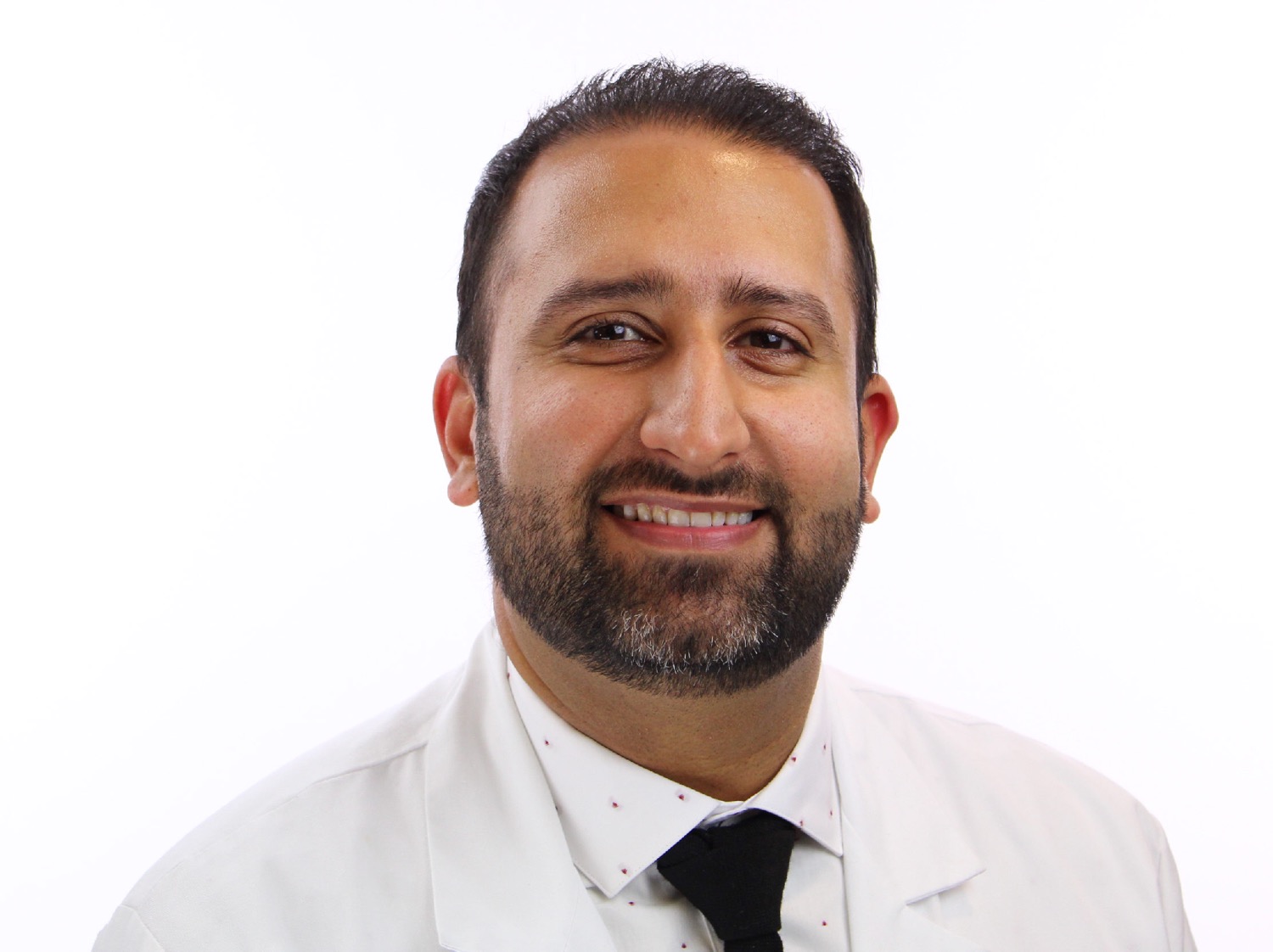What is the microbiome?
- Dr Alyaz Somji

- Jan 22, 2022
- 2 min read
Updated: Jan 23, 2022
We humans are mostly microbes, over 100 trillion of them. Microbes outnumber our human cells ten to one. Yup, that's right, you are mostly not you, just a bunch of minority human cells living amongst the main part of your body, the microbiome.

The majority live in our gut, particularly in the large intestine The microbiome is the genetic material of all the microbes - bacteria, fungi, protozoa and viruses - that live on and inside the human body. The number of genes in all the microbes in one person’s microbiome is 200 times the number of genes in the human genome. The microbiome may weigh as much as five pounds. The bacteria in the microbiome help digest our food, regulate our immune system, protect against other bacteria that cause disease, and produce vitamins including B- vitamins (B12, thiamine and riboflavin), and Vitamin K, which is needed for blood coagulation.
The gut microbiome has been linked to affecting major parts of our body in ways we can't fully understand today.
Digestion/Gut Health
According to the World Journal of Gastroenterology, Irritable Bowel Syndrome should now be thought of as a microbiome imbalance and should be treated as such.
Heart Health
Interestingly, the microbiome can affect your heart health. One study of over 1500 people, found that the microbiome was a major factor in promoting healthy "good" HDL cholesterol.
Brain Health
Certain species of bacteria can help produce chemicals in the brain called neurotransmitters. Serotonin is a great example where over 80% is manufactured in the gut. Serotonin is the target of SSRIs (a medicine for depression and anxiety). One randomized study found that certain microbiome species reduce depression (but not anxiety) scores and increases quality of life in patients with IBS.
Weight gain
Consuming probiotics could reduce body weight and BMI according a review article.
Control and lower blood sugar
A properly fed gut microbiome can help to produce a number of sugar lowering agents such as intestinal incretin secretion, SCFA production, bile acid metabolism, and adipose tissue regulation.
The bottom line
Your gut microbiome is made up of trillions of bacteria, fungi and other microbes.The gut microbiome plays a very important role in your health by helping control digestion and benefiting your immune system and many other aspects of health.
An imbalance of unhealthy and healthy microbes in the intestines may contribute to weight gain, high blood sugar, high cholesterol and other disorders.
Sources:
Zhang Q, Wu Y, Fei X. Effect of probiotics on body weight and body-mass index: a systematic review and meta-analysis of randomized, controlled trials. Int J Food Sci Nutr. 2015 Aug;67(5):571-80. doi: 10.1080/09637486.2016.1181156. Epub 2016 May 5. PMID: 27149163.
Pinto-Sanchez MI, Hall GB, Ghajar K, Nardelli A, Bolino C, Lau JT, Martin FP, Cominetti O, Welsh C, Rieder A, Traynor J, Gregory C, De Palma G, Pigrau M, Ford AC, Macri J, Berger B, Bergonzelli G, Surette MG, Collins SM, Moayyedi P, Bercik P. Probiotic Bifidobacterium longum NCC3001 Reduces Depression Scores and Alters Brain Activity: A Pilot Study in Patients With Irritable Bowel Syndrome. Gastroenterology. 2017 Aug;153(2):448-459.e8. doi: 10.1053/j.gastro.2017.05.003. Epub 2017 May 5. PMID: 28483500.
Fu J, Bonder MJ, Cenit MC, Tigchelaar EF, Maatman A, Dekens JA, Brandsma E, Marczynska J, Imhann F, Weersma RK, Franke L, Poon TW, Xavier RJ, Gevers D, Hofker MH, Wijmenga C, Zhernakova A. The Gut Microbiome Contributes to a Substantial Proportion of the Variation in Blood Lipids. Circ Res. 2015 Oct 9;117(9):817-24. doi: 10.1161/CIRCRESAHA.115.306807. Epub 2015 Sep 10. PMID: 26358192; PMCID: PMC4596485.
Kennedy PJ, Cryan JF, Dinan TG, Clarke G. Irritable bowel syndrome: a microbiome-gut-brain axis disorder? World J Gastroenterol. 2014 Oct 21;20(39):14105-25. doi: 10.3748/wjg.v20.i39.14105. PMID: 25339800; PMCID: PMC4202342.
Gérard C, Vidal H. Impact of Gut Microbiota on Host Glycemic Control. Front Endocrinol (Lausanne). 2019 Jan 30;10:29. doi: 10.3389/fendo.2019.00029. PMID: 30761090; PMCID: PMC6363653.



Comments